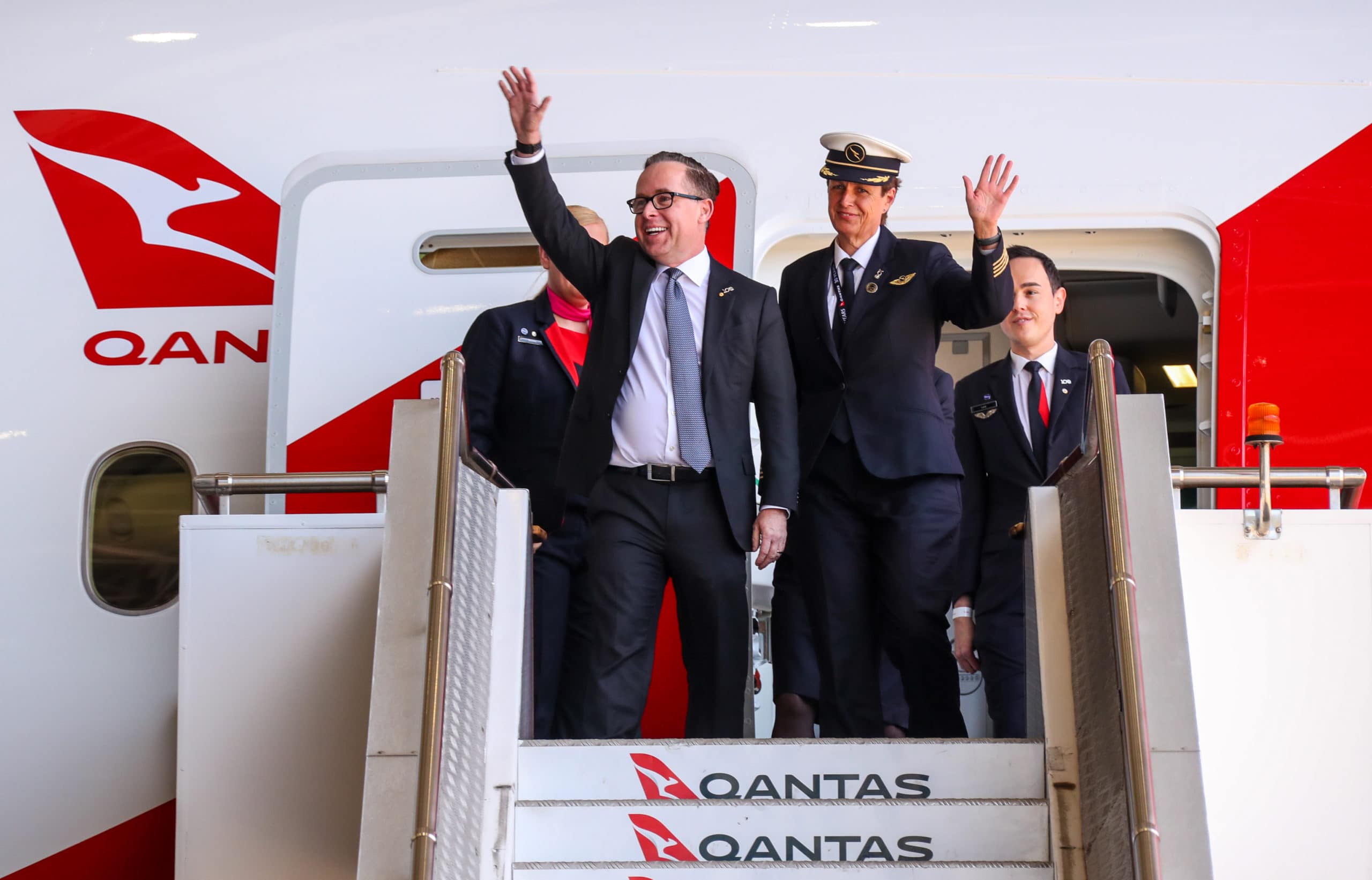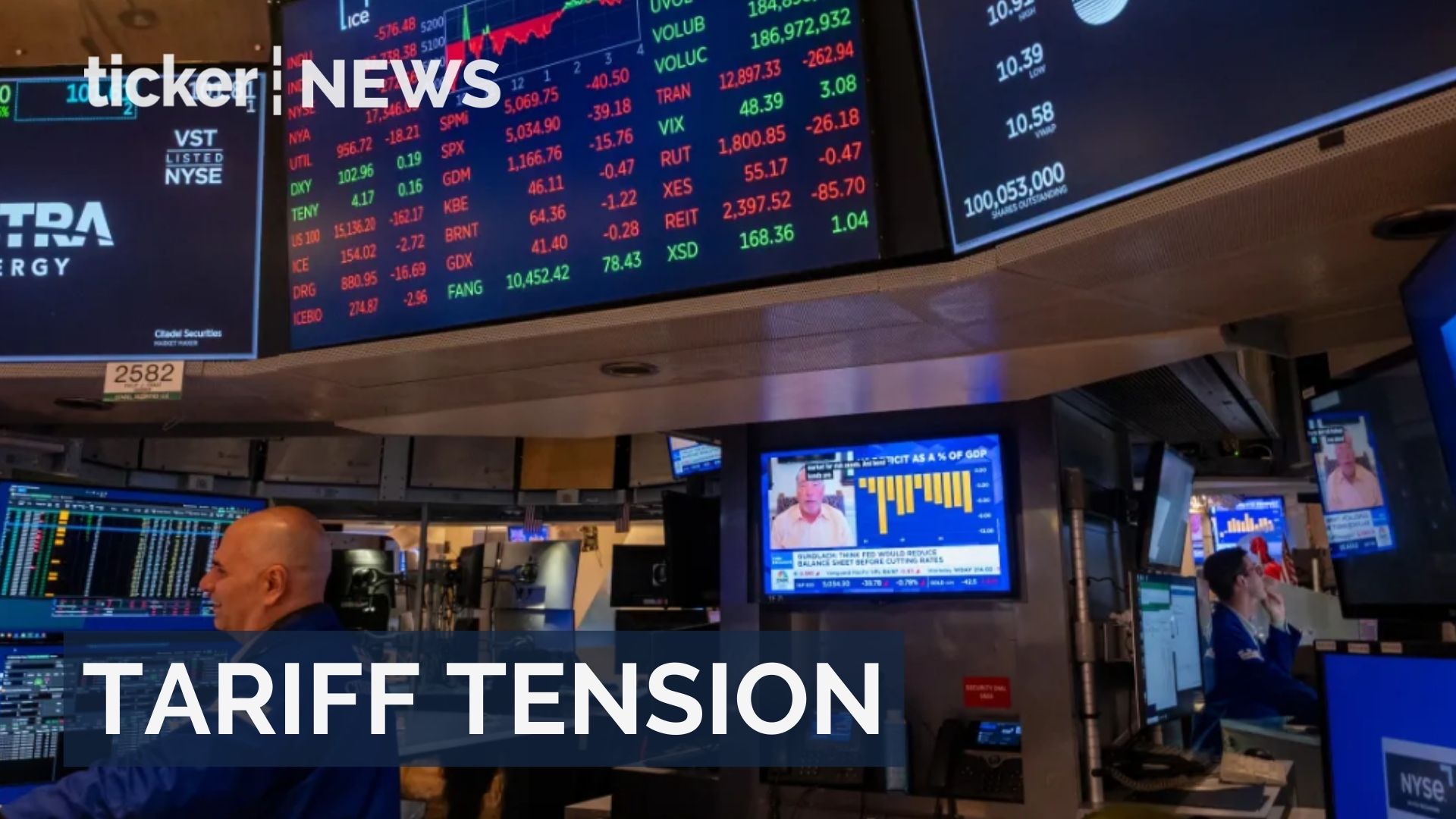It’s been a bad month for Qantas, with its internal workings fully out in the open and on public display.
An ACCC investigation into whether tickets were sold for flights that had been canceled, a CEO who had no choice but to bring forward his resignation, and now a government falling over itself truing to explain why it refused to let Qatar fly more flights to Australia at a time when airfares are 30% higher than pre-Covid.
2023 will go down as bitter sweet for Qantas. Record profits for an airline usually come at a price. And right now, consumers are angry and shareholders are worried.
Qatar decision
The Australian government is under scrutiny following its decision to deny Qatar Airways additional flight slots into the country, a move that has sparked criticism from various quarters. The decision, which has been labeled as being “in the national interest,” is now the subject of a parliamentary inquiry established by the federal opposition.
In October 2022, Qatar Airways sought to expand its presence in Australia by applying for an additional 21 weekly flights on top of the 28 it already operated in major cities. The airline’s CEO, Akbar al Baker, cited Qantas as a factor in higher airfares.
In July 10, 2023, Transport Minister Catherine King rejected Qatar Airways’ bid on the same day she addressed five Australian women who were subjected to invasive strip searches at a Qatari airport in 2020. This incident, which occurred at Hamad International Airport, led to ongoing legal battles.
The rejection of Qatar Airways’ application was made public on July 19, and it was met with criticism from the Australian Airports Association, Flight Centre, opposition MPs, and the airline itself. Transport Minister King maintained that the decision was not commercial but in the national interest.
In August, Assistant Treasurer Stephen Jones defended the decision, emphasizing the importance of a profitable airline industry. Outgoing Qantas CEO Alan Joyce also appeared before a Senate inquiry, highlighting the need to protect national interests in aviation.
Competitor criticism
Virgin Australia and Flight Centre criticised the decision, with Virgin CEO Jayne Hrdlicka arguing that there was insufficient capacity since the COVID-19 pandemic, and Flight Centre’s CEO, Graham Turner, emphasizing the demand for more flights.
Former ACCC chiefs expressed concerns that the decision would hurt consumers by limiting competition, while a report suggested that the airline industry in Australia was highly concentrated.
On September 5, the opposition successfully established an inquiry into the Qatar Airways decision, which could extend its scope beyond this specific incident. The committee will report its findings in October.
On September 6, Transport Minister King revealed that she consulted with relevant stakeholders in the aviation industry and emphasized that her decision was based on the national interest, not favoring any specific company.
On September 7, Minister King defended her decision, noting that the strip search incident was a factor but not the sole reason for the rejection. She stated that Qatar Airways had lobbied more on its behalf than Qantas and rejected claims that additional flights would lower airfares.
The ongoing inquiry aims to shed light on the factors behind the government’s decision and its potential implications for the Australian aviation industry.




 Tech4 days ago
Tech4 days ago


 Money3 days ago
Money3 days ago


 Tech2 days ago
Tech2 days ago


 Tech5 days ago
Tech5 days ago


 Tech3 days ago
Tech3 days ago


 Money5 days ago
Money5 days ago


 News3 days ago
News3 days ago


 News5 days ago
News5 days ago





